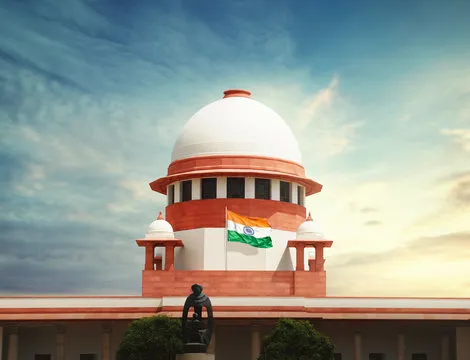In a significant development, the Supreme Court has transferred a Public Interest Litigation (PIL) filed by the Hindu Personal Law Board on the issue of polygamy to a Constitution Bench, aligning it with an ongoing case challenging the constitutional validity of polygamy and Nikah Halala. The PIL, which questioned the Muslim Personal Law (Shariat) Application Act of 1937 permitting polygamy, drew attention to the disparity in legal treatment between religious communities regarding marriage practices.
Last year, the High Court Bench issued a notice to the Attorney General for India while hearing the PIL filed by the Hindu Personal Law Board. However, upon the Union’s request, citing identical issues pending before the Constitution Bench in another case, the Supreme Court opted to transfer the petition and tag it along with the ongoing matter.
The PIL challenges the legality of polygamy under the Muslim Personal Law Act, arguing that it violates fundamental rights guaranteed by Article 15 of the Constitution, which prohibits discrimination on the basis of religion. It raises concerns about the disparity in treatment between Hindus, Buddhists, Jains, and Sikhs—who are prohibited from practicing polygamy—and Muslims, who are allowed to do so under personal laws.
Additionally, the PIL highlights Article 44 of the Constitution, which mandates the legislature to enact a Uniform Civil Code applicable to all citizens. It questions why the government has not intervened in Muslim personal laws while enacting laws for other religious communities.
Furthermore, the petitioner argues against the exclusion of Muslims from the scope of punishment under Section 494 of the Indian Penal Code, asserting that it amounts to discrimination and violates Article 15.
With the PIL now transferred to the Constitution Bench, it is expected to be considered alongside the batch of petitions challenging the constitutional validity of polygamy and Nikah Halala. This move underscores the court’s commitment to addressing complex legal and social issues surrounding marriage practices in India.






